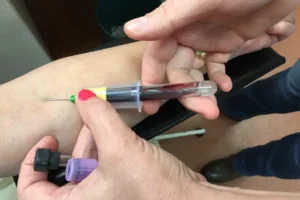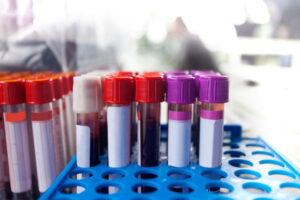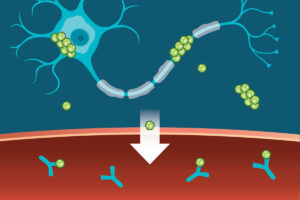Timothy M. Miller, MD, PhD, a leading researcher in the neurodegenerative disorder amyotrophic lateral sclerosis (ALS), has been named the David Clayson Professor of Neurology at Washington University School of Medicine in St. Louis. The professorship was established in 2001 through a bequest from David Clayson, PhD, to support innovative research into treatments for ALS, the […]
Miller named Clayson Professor of Neurology






